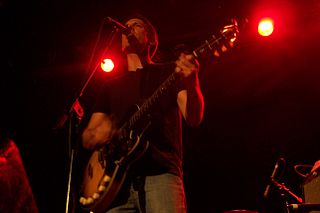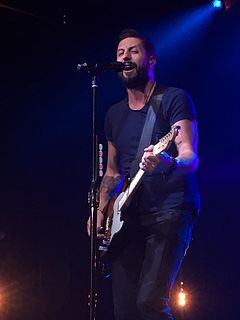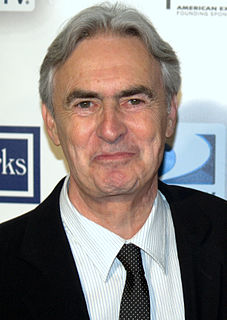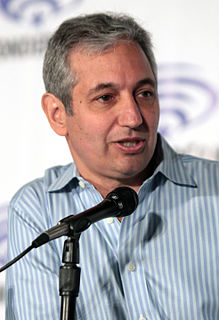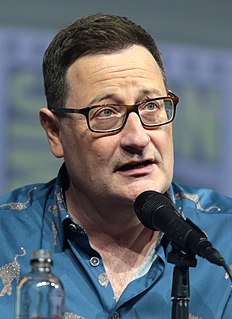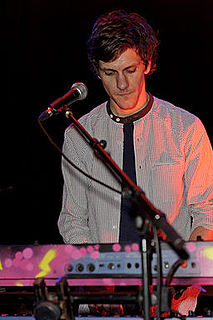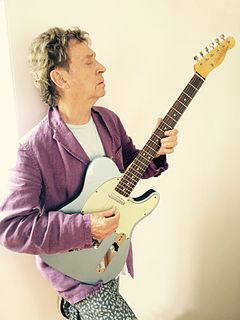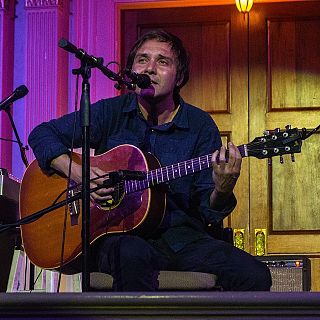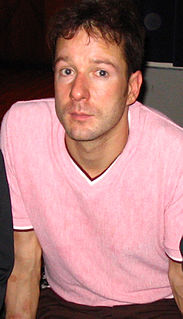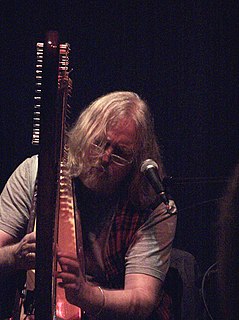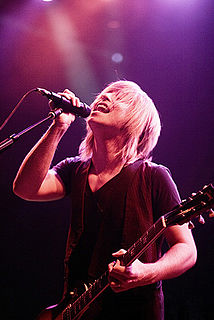A Quote by Jonathan Meiburg
The thing is that honestly we haven't had an audience. And we have a chance to have an audience now. Which is great because I think we've sort of evolved as a band to the point where I think we might actually be interesting to go see.
Related Quotes
I don't think about the audience, I don't think about what makes them happy, because there's no way for me to know. To try to think of what makes for entertainment is a very Japanese thing. The people who think like this are old-fashioned. They think of the audience as a mass, but in fact every person in the audience is different. So entertainment for everyone doesn't exist
Cornelius Cardew very famous in Britain, because he was the darling of the avant-garde, and he played in a band called AMM, which was an improvising band in the '60s. Paul McCartney used to come watch them. Later on in life, he became disenchanted with avant-garde music, because he felt it couldn't reach the public. It didn't have a wide enough appeal. So he'd take these tunes of old English folk songs and write Stalinist lyrics over the top of them. I do think that when he changed to folk songs, he actually lost the tiny audience he already had, which is quite interesting.
Making a show is also economics. Because the irony is, or the shame of it is, you cannot create a show instantaneously. It needs to be massaged. You need to see who is relating to who. How is it working with the audience? You need to give it a chance for the audience to find it, because there are so many outlets. And the audience doesn't know where to go.
Everyone wants the same thing in this band, so we definitely respect each other. I mean, all of us have had hit songs, so it's a band full of people who really know what they're talking about, so you have to respect that even when you think something you have might be great, and they go, 'Man, it's not as great as you think it is.'
I think you have to do the stories that interest you and hope an audience likes it, rather than doing stories that you think the audience will like, whether you like them or not. I think there has to be something that you find compelling and interesting, and then hopefully an audience will agree with you.
We are a band that stylistically crosses a lot of barriers and generational gaps. The heavier portion of the band, the modern music elements, the visual part of the band appeal to a younger audience. For an older audience, we have chops and great songs that are reminiscent of the things that were great about rock and roll when they enjoyed it. We're the kind of band that can cross those lines.
I think the biggest challenge was being aware of a certain audience that was going to see this film [lone survivor]. There's a big difference from a typical movie, journalists and critics and film goers that go see it find that, that's the general experience you have as a filmmaker. So that just kind of proves my point that there's a really different audience.
